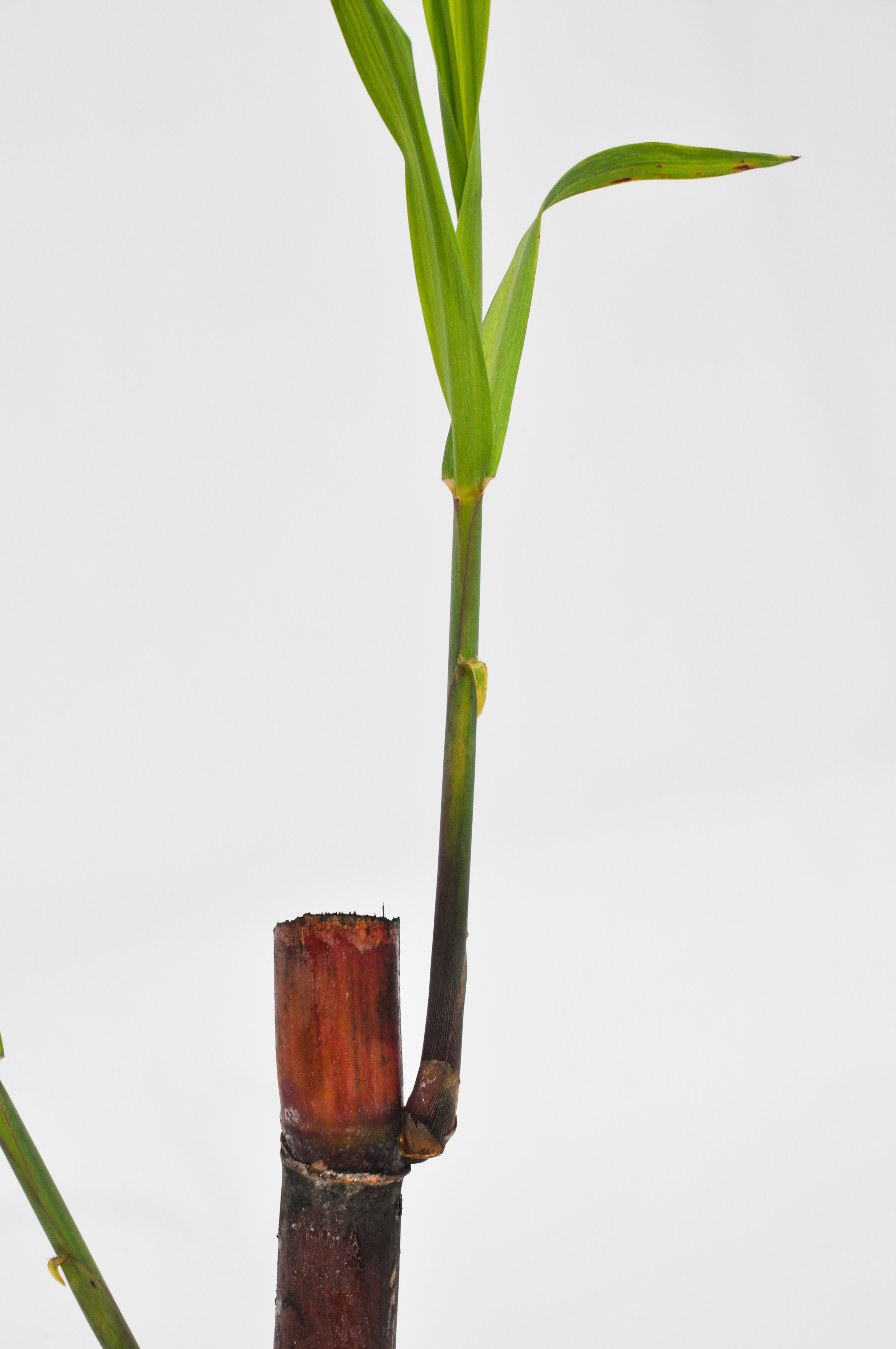The Role of Sugar and Cane in Creating Flavored Syrups and Sweeteners
The Role of Sugar and Cane in Creating Flavored Syrups and Sweeteners
Blog Article
Why Walking Stick Sugar Handling Chemicals Are Crucial for Modern Sugar Refining
The duty of walking cane sugar handling chemicals in modern sugar refining can not be overemphasized, as they are integral to improving both the efficiency of extraction and the overall high quality of the final item. Agents such as phosphoric acid and particular flocculants are employed to eliminate pollutants, resulting in sugar that not just fulfills customer assumptions yet also sticks to market criteria.
Function of Processing Chemicals
The effectiveness of walking cane sugar handling pivots significantly on the calculated application of processing chemicals. These chemicals play a critical role in improving the effectiveness and high quality of sugar extraction and refining. From the initial stages of juice removal to the last filtration actions, handling chemicals promote numerous critical procedures.
In the removal phase, chemicals such as phosphoric acid and calcium hydroxide are used to enhance the clarification procedure, helping to eliminate contaminations and put on hold solids from the walking stick juice. This not just boosts the return yet likewise makes sure the clarity of the end product. In addition, agents like flocculants help in the fast settling of impurities, thereby simplifying the general process.
As the handling breakthroughs, chemicals are used in decolorization and condensation phases. Activated carbon and ion exchange resins offer to eliminate shade and smell, ensuring that the polished sugar satisfies customer top quality standards. Eventually, the function of handling chemicals prolongs beyond functional efficiency; they considerably affect the sensory characteristics of the end product, adding to market competitiveness. Therefore, the precise selection and application of these chemicals are essential for accomplishing optimum outcomes in walking cane sugar processing.
Key Kinds of Chemicals
Walking cane sugar processing depends on a range of crucial chemicals that help with each stage of manufacturing. These chemicals play necessary duties in clarifying, whitening, and purifying the sugar removed from walking cane.
One primary category of chemicals includes flocculants, such as polyacrylamide, which help in the information process by promoting the aggregation and settling of pollutants. Furthermore, calcium hydroxide is often used to neutralize acidity and assist in the elimination of non-sugar parts.
Lightening representatives, such as turned on carbon and sulfur dioxide, are made use of to decolorize the syrup, resulting in a clearer final product. These chemicals help remove shade substances that might influence the sugar's look and bankability.
Moreover, phosphoric acid works as a pH regulator throughout the handling stages, making certain ideal problems for the enzymatic tasks associated with sugar removal and filtration.
Various other vital agents include edta (ethylenediaminetetraacetic acid), which chelates metal ions that can militarize unfavorable responses, and sodium hydroxide, which aids in pH control throughout the refining process. Jointly, these chemicals boost efficiency and make sure a top quality walking stick sugar product.
Benefits for Sugar Quality
Often forgotten, using particular handling chemicals substantially improves the total high quality of cane sugar. These chemicals play a critical function in refining processes, making certain that the end product fulfills rigid industry requirements for pureness and taste.

In addition, processing chemicals assist in accomplishing a constant granulation and texture, which are critical for consumer acceptance. By controlling the formation procedure, these chemicals make certain that the sugar crystals develop consistently, causing a much more appealing item that dissolves well in different applications.
Furthermore, the use of these chemicals can improve the rack life of walking stick sugar by minimizing dampness absorption and microbial development. In general, the tactical application of processing chemicals is important for providing premium walking cane sugar that fulfills consumer assumptions and industry needs.
Environmental Impact Factors To Consider

Moreover, the energy-intensive nature of sugar refining, intensified by chemical use, frequently results in enhanced carbon exhausts. This contributes to environment modification and elevates problems pertaining to the sustainability of current refining methods. Furthermore, the sourcing of these chemicals may include methods that threaten biodiversity, such as monoculture farming, which visit their website decreases the durability of farming environments.

To reduce these influences, sugar refiners are significantly discovering lasting options and embracing best methods that decrease chemical use. Implementing rigorous ecological administration systems can assist guarantee that the refining procedure straightens with ecological standards and advertises biodiversity. Inevitably, a balanced method that prioritizes both sugar quality and ecological stewardship is crucial for the lasting practicality of the sugar industry.
Future Trends in Refining
As the sugar sector comes to grips with the important link environmental obstacles connected with standard refining approaches, cutting-edge techniques are emerging to boost both performance and sustainability. One substantial pattern is the adoption of eco-friendly chemistry principles, which focus on the use of non-toxic, eco-friendly processing chemicals. This change not only lessens environmental influence but additionally addresses consumer need for cleaner manufacturing approaches.
An additional appealing development is the application of advanced filtering technologies, such as membrane separation and adsorption processes. These strategies enhance the quality and quality of the sugar while decreasing the volume of wastewater created throughout refining. Additionally, the assimilation of electronic innovations, including IoT and AI, is changing operational performance by making it possible for real-time surveillance and anticipating maintenance, hence decreasing source waste.
Furthermore, making use of by-products from sugar refining, such as bagasse and molasses, is getting grip. These materials can be transformed right into biofuels or value-added items, contributing to a circular economy within the market. Collectively, these patterns signal a shift in the direction of more sustainable practices that not only boost functional performance yet likewise line up with global sustainability objectives, making sure the future practicality of sugar refining.
Conclusion
Cane sugar handling chemicals are essential in contemporary sugar refining, substantially improving the effectiveness and high quality of sugar extraction. The calculated use these chemicals not only enhances the pureness and flavor of the final item but additionally ensures constant condensation and texture. As the industry significantly focuses on sustainability, the fostering of environmentally-friendly handling agents is most likely to shape future patterns in refining, inevitably resulting in better items and extended shelf life for customers.

Inevitably, a well balanced technique that focuses on both sugar quality and environmental stewardship is essential for the lasting practicality of the sugar sector.
Cane sugar handling chemicals are vital in contemporary sugar refining, dramatically improving the effectiveness and top quality of sugar removal.
Report this page